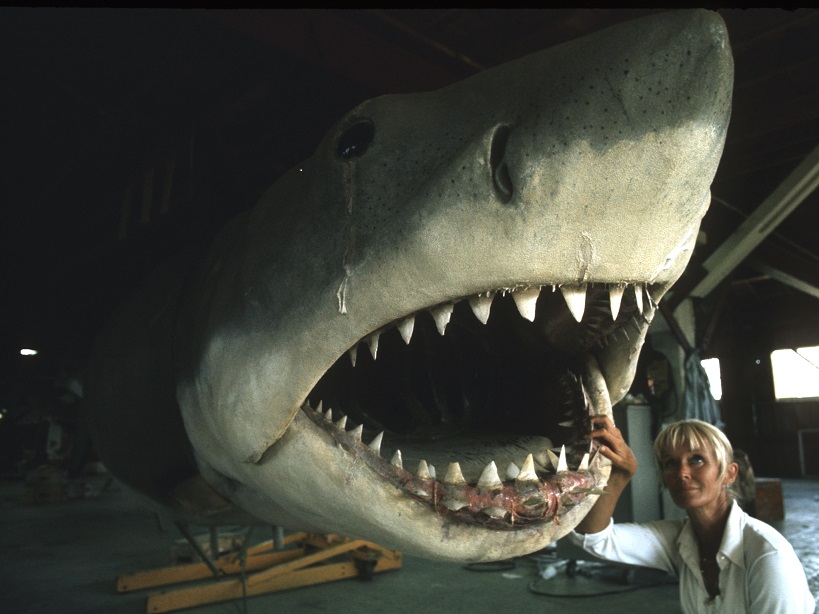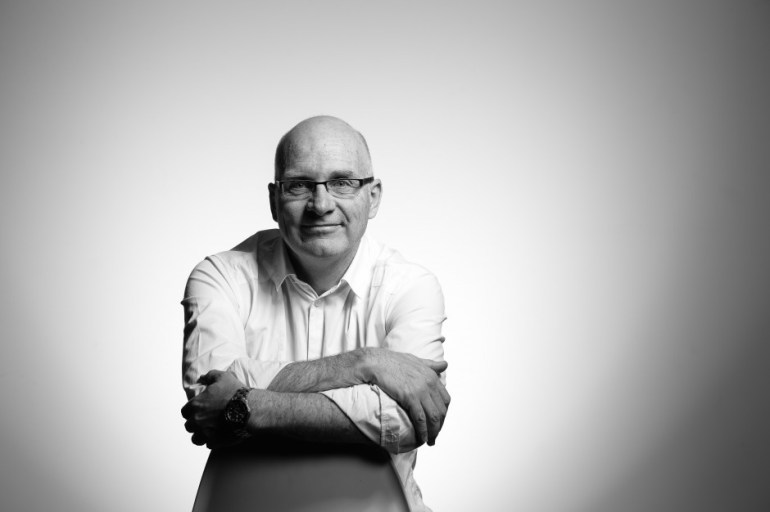When Sally Aitken’s Playing with Sharks opens in Australian cinemas next week, it will cap a period of significant milestones for WildBear Entertainment.
The life story of pioneering scuba diver Valerie Taylor has already made a splash internationally, having been chosen as one of only 10 films for the World Cinema Documentary Competition section at this year’s Sundance Film Festival.
After the festival, National Geographic Documentary Films swept on the worldwide rights. Other screenings have included the Earth Focus Environmental Film Festival in the US, as well as this year’s Gold Coast Film Festival.
The selections are a strong endorsement for the work of WildBear, which restored, cleaned, scanned, and remastered archived 16 and 35 mm film footage captured across a 50-year period to create the film.
Producer Bettina Dalton was central to the process, having spent more than 20 years archiving Taylor’s material.
WildBear Entertainment CEO Michael Tear said while he always held high hopes for the project, the international interest had exceeded their expectations.
“We had great confidence in it, but it’s just done so well in so many places and Valerie’s story has really resonated with people,” he said.
“I think we were probably surprised with how well it has travelled outside of Australia.
“That’s been the really rewarding thing for us.”
Formed in 2014 by the merger of Wild Fury (Veronica Fury and Bettina Dalton) and Canberra’s Bearcage Productions (Tear), WildBear Entertainment commissions include the BBC, National Geographic, Discovery, Netflix, PBS, ZDF/Arte, CCTV, NTV, France Televisions, Mediawan, and Viasat, as well as all of the Australian FTA broadcasters and Foxtel.

In the last two years, WildBear has produced Kriv Stenders’ Brock Over The Top, which was nominated for AACTA Award as Best Documentary, and Christopher Amos’ Hating Peter Tatchell, the worldwide rights of which were acquired by Netflix (ex ANZ), where it premiered last month.
The company took steps to broaden its reach in March, appointing former BBC and Nat Geo filmmaker Dr Chadden Hunter as an executive producer and announcing the establishment of the WildBear Aotearoa office in New Zealand.
Tear said the diversity of the company’s business model, combined with a determination to deliver throughout the pandemic period, had allowed WildBear strengthen its foundation.
“When the pandemic shutdown happened, we made it our absolute priority to not miss a deadline and provide the buyers with a lot of confidence that it wasn’t going to interrupt the programs and schedules that we had in place,” he said.
“It was a bit of an opportunity in the sense we knew that everyone was struggling and was facing the same challenges, so it became really important to double down on our reliability as a supplier.
“When the shutdown occurred, we basically transitioned to a remote working situation within a week and a half, and while I had initial concerns about how we were going to do it, management got right behind it and everyone responded.”
The factual sector will undergo further change next month via the Federal Government’s offset reform, which includes raising the QAPE threshold from $500,000 to $1 million and the removal of the Gallipoli Clause.
Tear, who is also the president of Screen Producers Australia (SPA), said while there were aspects of the reform that would present challenges, it was important to remember that the documentary sector had traditionally “punched above its weight”.
“I’m really optimistic about factual content,” he said.
“Obviously, there has been a lot of focus on the streaming platforms with scripted, but we’ve also seen amazing successes with factual shows, which have created their own unique buzz.
“The [television] offset lift to 30 per cent is broadly a very good outcome, which I think will make a big difference.
“Things like the removal of the Gallipoli clause will definitely make overseas projects harder to finance, but overall we are seeing positive signs.”
Tear said while people were looking for more ambitious projects, there was also an increasing appetite for specialised factual.
“In specialised factual, you are talking to a specialised audience and while they sometimes transition out and have a broader reach, but a lot of the time you are speaking to a core audience.
“That audience seems to be holding up.”
Playing with Sharks will be in cinemas from June 17 via Madman Entertainment.


